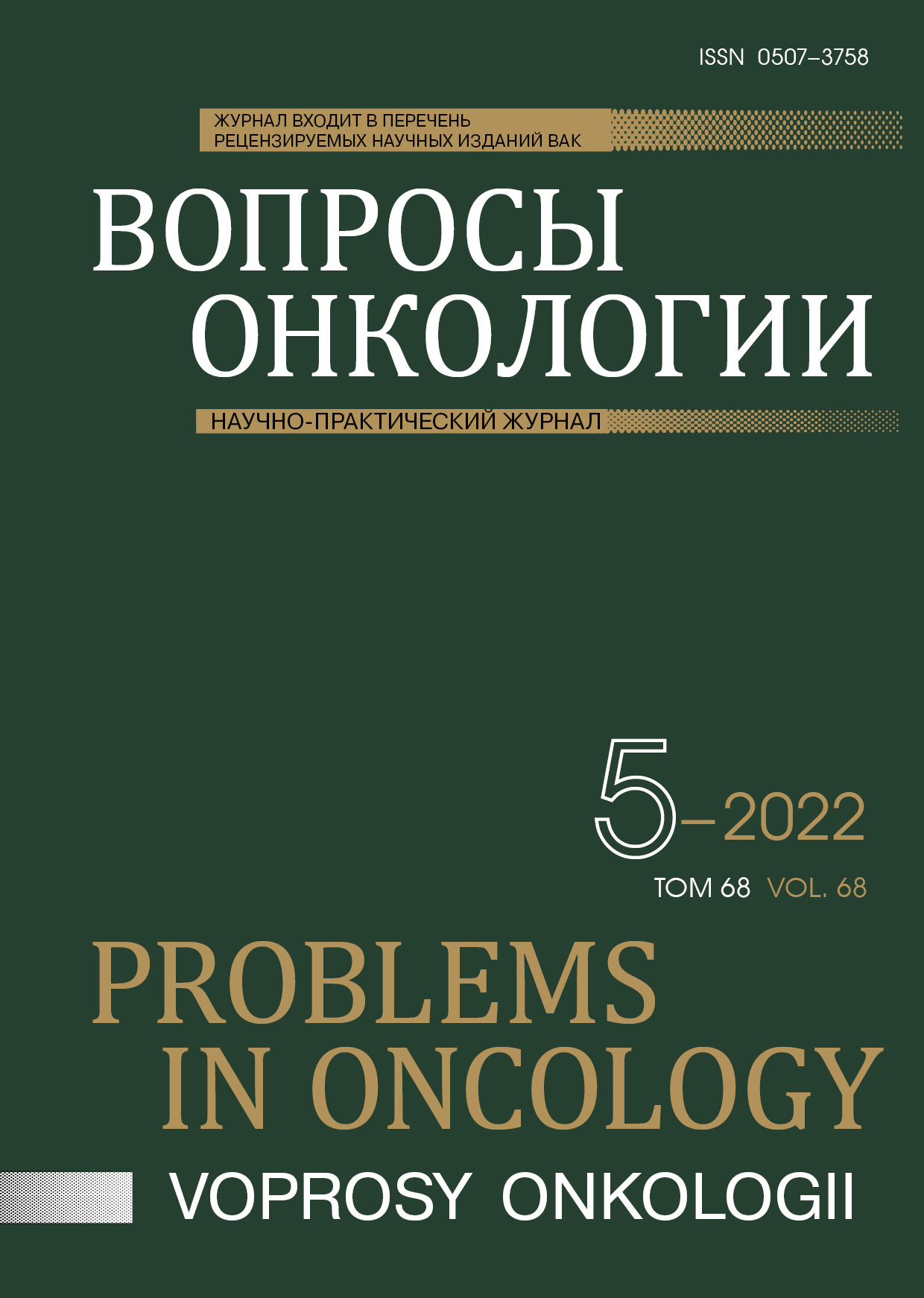Abstract
The term «Evidence-based medicine» and the rules of its use in practice have been known for more than 30 years. However, in view of the development of the Internet and social media, this word combination has recently come to mean more of a marketing direction. At the same time, such statements are often not consistent with the current clinical practice of using evidence-based medicine. The main reason is a low awareness of the basic concepts, advantages and disadvantages among the medical community.
References
Evidence-Based Medicine Working Group. Evidence-based medicine. A new approach to teaching the practice of medicine // JAMA. 1992;268(17):2420–5. doi:10.1001/jama.1992.03490170092032
Sharon E Straus et al. Evidence-Based_Medicine. How to practice and teach EBM // Elsevier. 2019.
Knottnerus JA, Tugwell P. Evidence-based medicine: achievements and prospects // J Clin Epidemiol. 2017;84:1–2. doi:10.1016/j.jclinepi.2017.02.006
Kameshwar Prasad. Fundamentals of Evidence-Based Medicine // Springer. 2013. doi:10.1007/978-81-322-0831-0
Sheridan DJ, Julian DG. Achievements and Limitations of Evidence-Based Medicine // J Am Coll Cardiol. 2016;68(2):204–13. doi:10.1016/j.jacc.2016.03.600
Covell DG, Uman GC, Manning PR. Information needs in office practice: are they being met? // Ann Intern Med. 1985;103(4):596–9. doi:10.7326/0003-4819-103-4-596
OCEBM Levels of Evidence Working Group. «The Oxford 2011 Levels of Evidence». Oxford Centre for Evidence-Based Medicine. doi:www.cebm.net/index.aspx?o=5653
Freddi G, Romàn-Pumar JL. Evidence-based medicine: what it can and cannot do // Ann Ist Super Sanita. 2011;47(1):22–5. doi:10.4415/ANN_11_01_06
Bach JR, Chiou M. Limitations of evidence-based medicine // Rev Port Pneumol (2006). 2016;22(1):4–5. doi:10.1016/j.rppnen.2015.12.007
Rhee JS, Daramola OO. No need to fear evidence-based medicine // Arch Facial Plast Surg. 2012;14(2):89–92. doi:10.1001/archfacial.2011.1182
Horwitz RI, Singer BH. Why evidence-based medicine failed in patient care and medicine-based evidence will succeed // J Clin Epidemiol. 2017;84:14–17. doi:10.1016/j.jclinepi.2017.02.003
Song F, Parekh-Bhurke S, Hooper L et al. Extent of publication bias in different categories of research cohorts: a meta-analysis of empirical studies // BMC Med Res Methodol. 2009;9:79. doi:10.1186/1471-2288-9-79
Abdalla SM, Solomon H, Trinquart L et al. What is considered as global health scholarship? A meta-knowledge analysis of global health journals and definitions // BMJ Glob Health. 2020;5(10):e002884. doi:10.1136/bmjgh-2020-002884
Greenhalgh T, Howick J, Maskrey N. Evidence Based Medicine Renaissance Group. Evidence based medicine: a movement in crisis? // BMJ. 2014;348:g3725. doi:10.1136/bmj.g3725
Horwitz RI, Hayes-Conroy A, Caricchio R et al. From Evidence Based Medicine to Medicine Based Evidence // Am J Med. 2017;130 (11):1246–1250. doi:10.1016/j.amjmed.2017.06.012
Blackstone EH. Precision Medicine Versus Evidence-Based Medicine: Individual Treatment Effect Versus Average Treatment Effect // Circulation. 2019;140(15):1236–1238. doi:10.1161/CIRCULATIONAHA.119.043014
Ludmir EB, Mainwaring W, Lin TA et al. Factors Associated With Age Disparities Among Cancer Clinical Trial Participants // JAMA Oncol. 2019;5(12):1769–1773. doi:10.1001/jamaoncol.2019.2055
Herland K, Akselsen JP, Skjønsberg OH et al. How representative are clinical study patients with asthma or COPD for a larger «real life» population of patientswith obstructive lung disease? // Respir Med. 2005;99(1):11–9. doi:10.1016/j.rmed.2004.03.026
Lee PY, Alexander KP, Hammill BG et al. Representation of elderly persons and women in published randomized trials of acute coronary syndromes // JAMA. 2001;286(6):708–13. doi:10.1001/jama.286.6.708

This work is licensed under a Creative Commons Attribution-NonCommercial-NoDerivatives 4.0 International License.
© АННМО «Вопросы онкологии», Copyright (c) 2022
